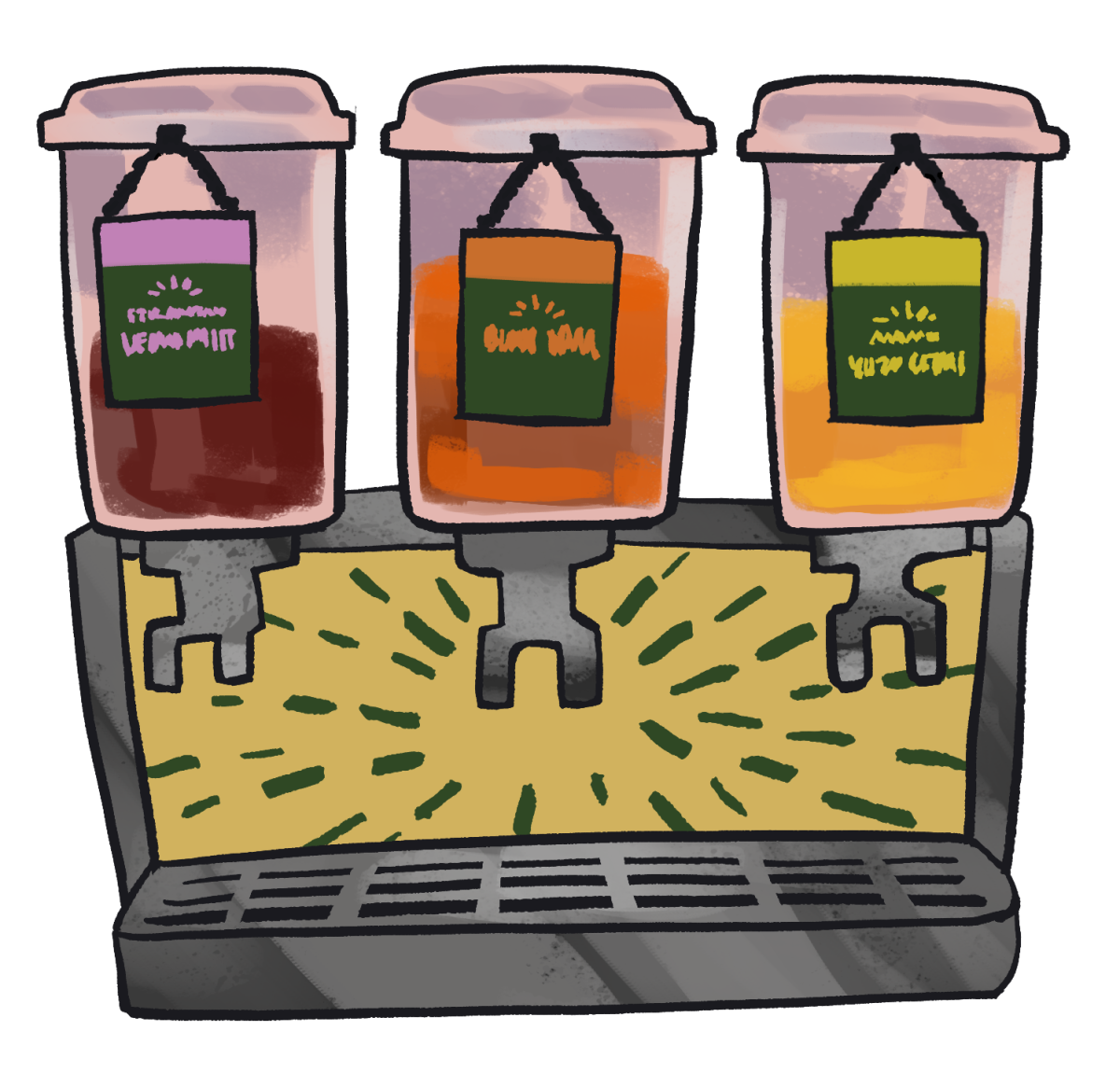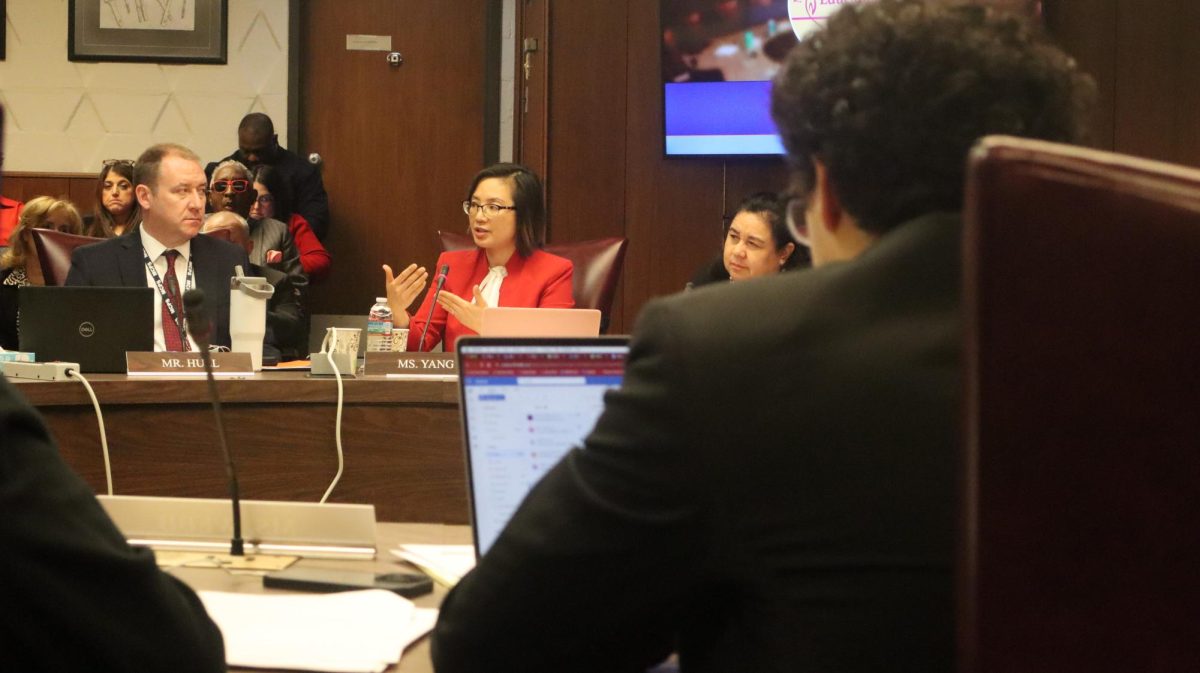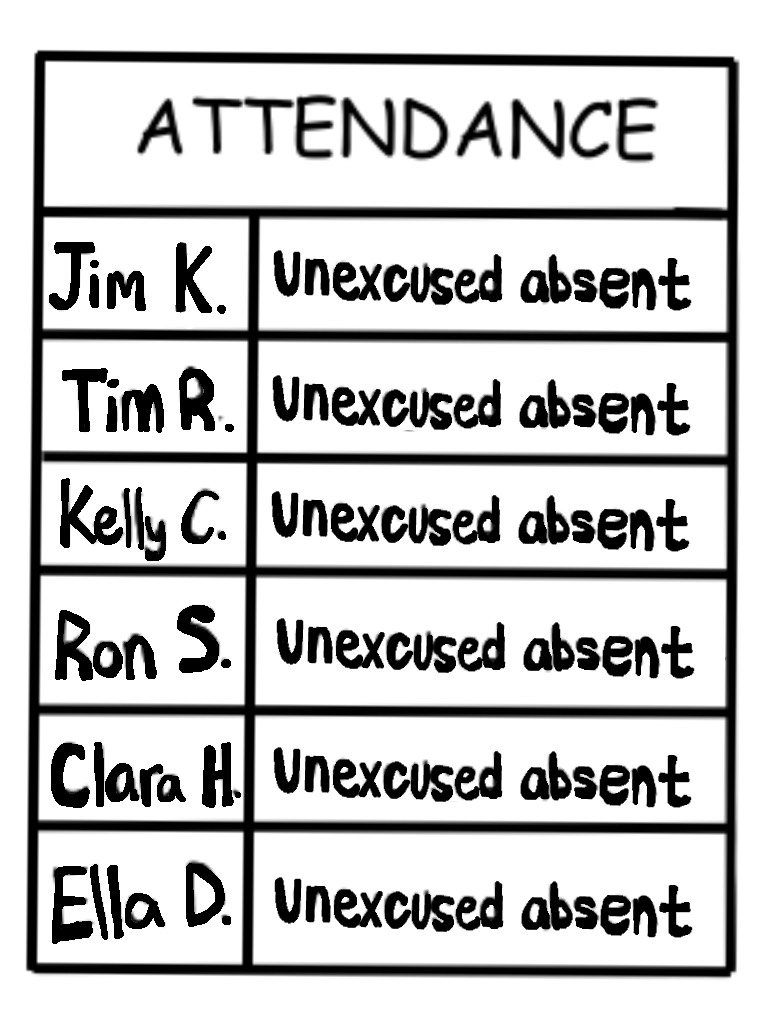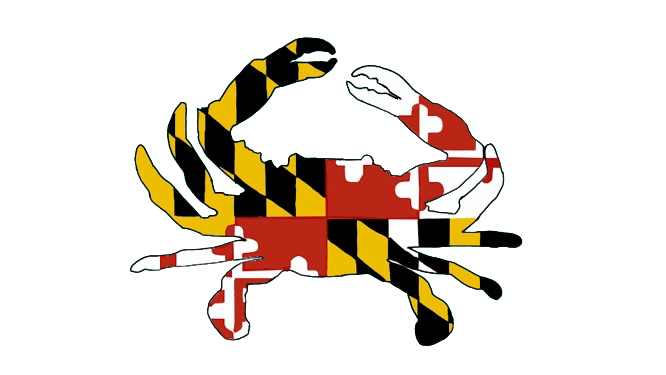Sixty three million. That is the number of people who were forced to uproot their lives and evacuate Florida after Hurricane Irma, according to a recently published article by CNN. Natural disasters are one of the most significant issues in our world. They bring about major destruction and devastation, which subsequently engender a domino effect of economic and social issues.
That is why it is our job as a nation to alleviate the situation as much as possible, and that would be most efficiently done by having high risk states focus on preparation efforts.
The federal government is sponsoring 25 major relief efforts for Hurricane Harvey, according to FEMA. From stabilizing the hazards in the environment to providing recovery plans for survivors, the government is giving federal help to all those in need.
Furthermore, smaller communities within the areas affected by the disasters are doing a lot to help. People are fundraising and spreading awareness for the disaster, encouraging others to join the effort. “Students can be involved by donating to local charities or the SGA’s fundraisers because it is hard to get materials to certain places.” said freshman class Vice President, Nick Asante. No matter where we live, we can contribute to the cause.
However, the state governments affected by the disasters are not doing as much as they could be to mitigate the disasters’ consequences. Since natural disasters are usually localized within a few states, individual state governments should be working to amend these issues rather than relying on federal help. The federal government can also only do so much to mitigate the damage, as different states have different policies specific to their environments.
In the past, our nation has fairly succeeded in relieving disasters. According to UN Foundations, when an earthquake hit Haiti in 2010, the UN donated more than one million dollars to various rebuilding projects in Haiti and provided jobs for 300,000 people. This project was extended for a long time after the disaster, demonstrating that natural disasters are not merely a cut that will heal itself with time, but a b ln hit. Junior Lincoln Tanyi said, “We can make makeshift shelters that are out of reach of any natural disasters so when it actually happens we know where to go”. This highlights a key idea in preventing disaster related harm. With this example, families or communities can have safe plans for where to meet or gather at when a natural disaster hits.
Since one of the major issues of disaster relief is the great disorganization caused by community panic, it is key that everyone has a safety plan. Especially in those coastal areas prone to hurricanes or earthquakes, there needs to be a shelter or refuge people can rely on to reduce the amount of injuries and deaths.
Natural disasters have always been a source of trouble in the world, claiming millions of lives every year. Relief tactics should not just focus on reacting to the disaster but also emphasize adequate preparation, the burden of which should fall on state governments. States need to organize their residents and provide more educational materials so that everyone has local resources and a community to fall back on when disaster hits.














